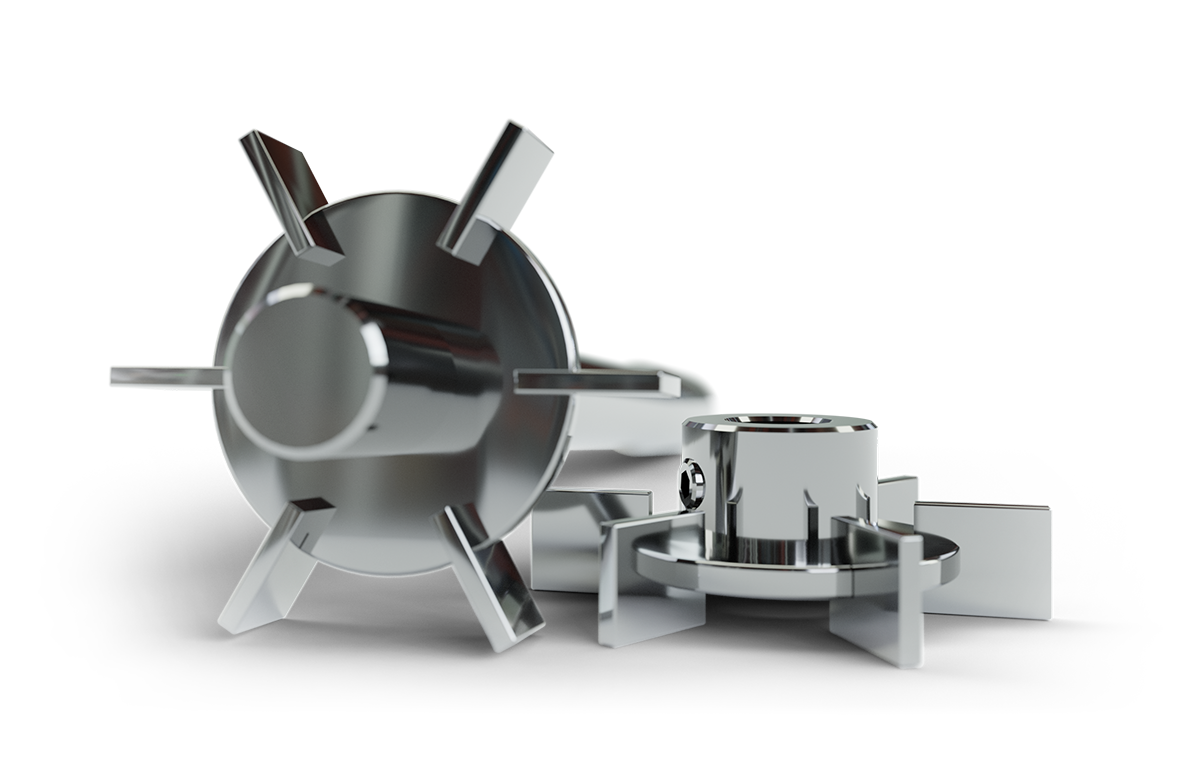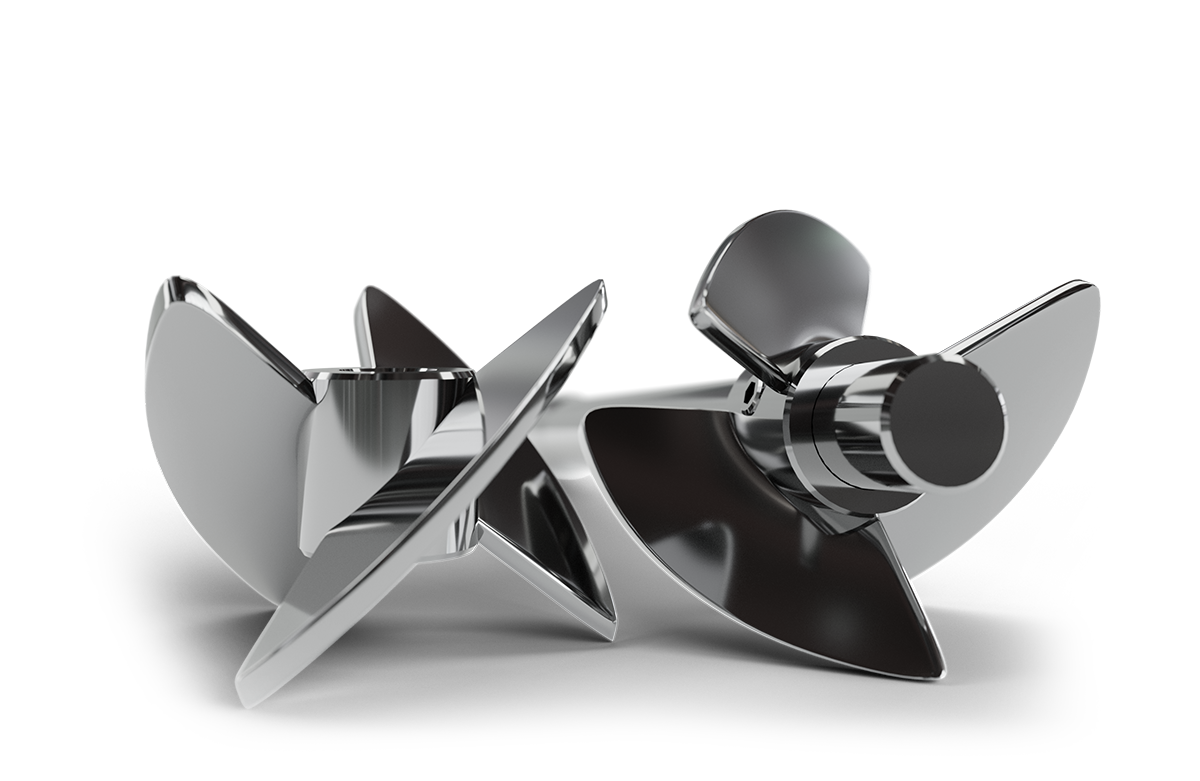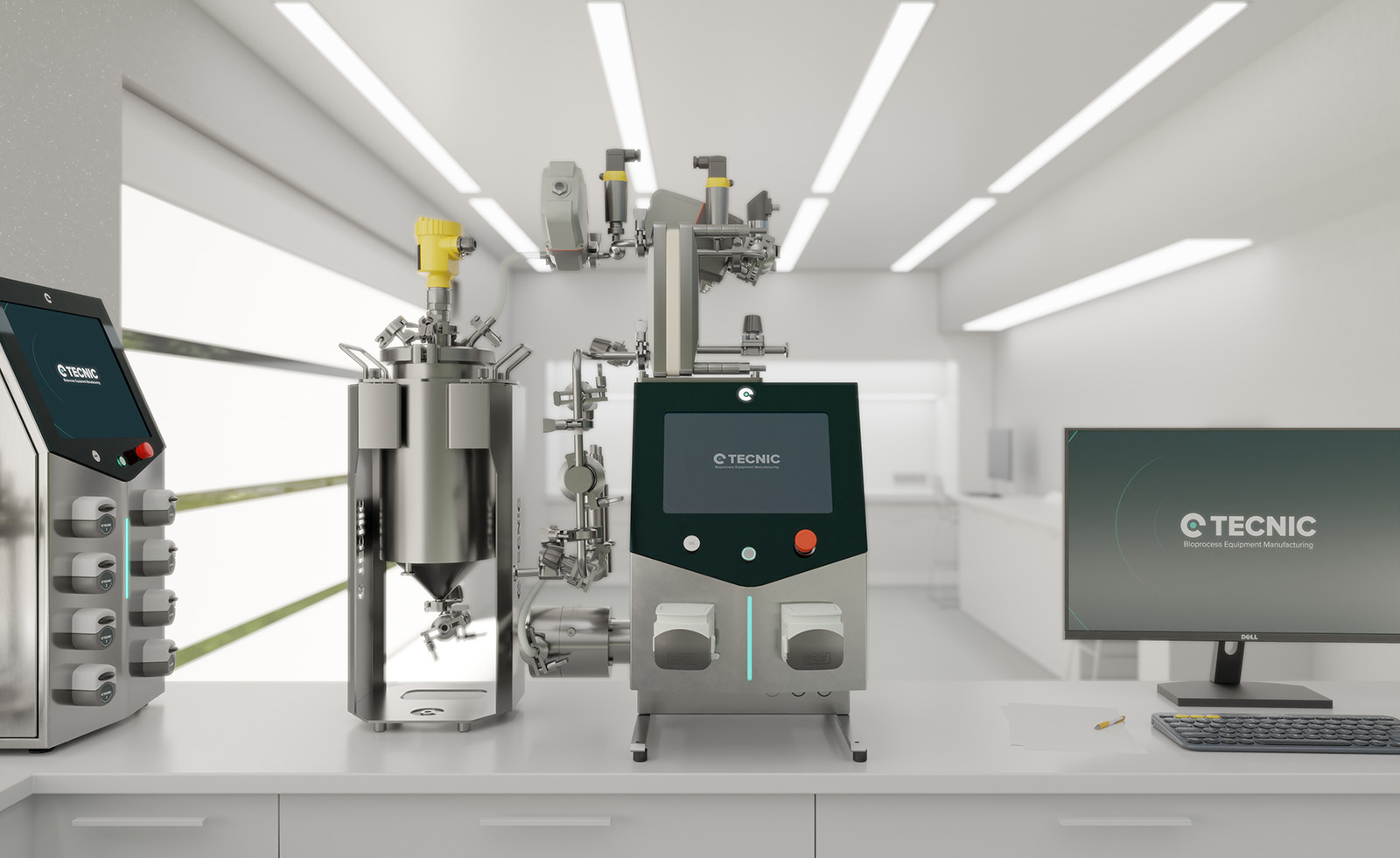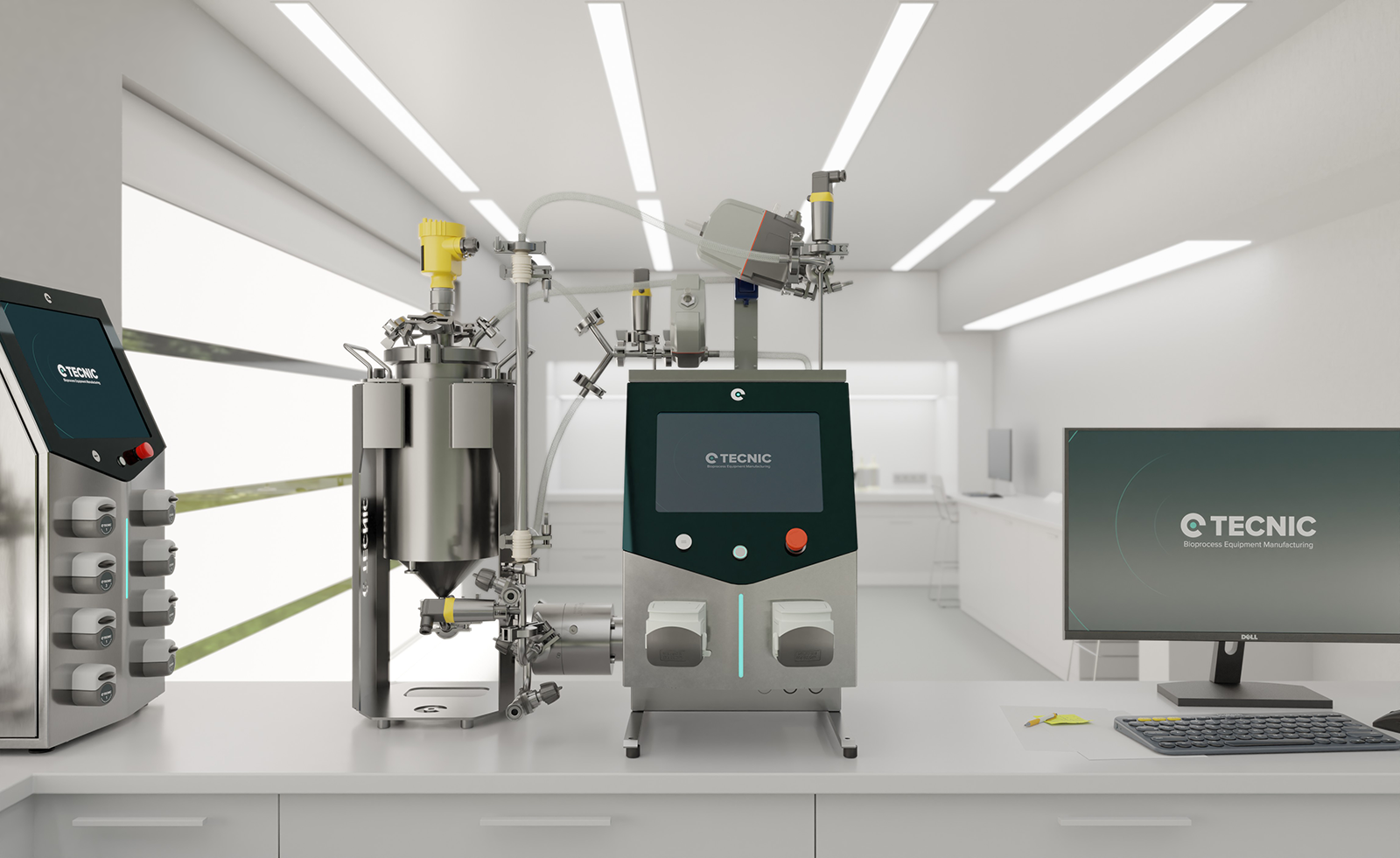A novel approach to mitigate the side effects of chemotherapy
Chemotherapy is a pivotal tool in the fight against cancer; however, its application often brings about unwanted side effects. One primary challenge is the persistence of toxic metals, such as platinum (Pt2+), in patients’ systems post-treatment. Such heavy metals can inflict organ damage and give rise to severe side effects, including nephrotoxicity, hepatotoxicity, and neurotoxicity. To address this concern, Byotic has pioneered a promising prototype, specifically tailored for the selective retention of metals, with a particular focus on platinum. Consequently, this initiative aims at reducing toxic platinum levels post chemotherapy.
An innovative focus with selective metal retention
The main aim of the present project is to research and gauge the efficacy of this prototype in metal retention, via apheresis, in animals with tumors subjected to chemotherapy. The prototype features a selective adsorbent column for platinum (Pt2+), harnessing an adsorbent biomaterial.
Apheresis is an extracorporeal filtration method employed to eradicate unwanted substances from the bloodstream. Herein, the prototype is intended to retain heavy metals, notably platinum, potentially lingering post-chemotherapy. By selectively adsorbing these heavy metals through the apheresis membrane, the hope is to curtail chemotherapy’s side effects linked to the presence of toxic metals in the body.
Chemotherapy with equal efficacy and reduced toxicity
In order to realize the project’s overarching objective, preclinical studies will be conducted on porcine models. Specifically, these studies aim to assess the adsorbent column’s efficacy in decreasing plasma platinum levels.
This project, jointly financed by the Centre for the Development of Industrial Technology (CDTI) of Spain’s Ministry of Economy and Competitiveness, represents a crucial milestone in Byotic’s R&D endeavors. Nevertheless, while hurdles like the crafting of a porcine xenotransplant model and the feasibility of apheresis in these animals lie ahead, this groundbreaking approach not only promises to better the lives of cancer patients but also pave the way for more efficacious treatments.
TECNIC and Byotic are currently partnering to carry out a national project on bioreactors and autologous cells.






